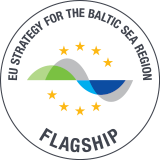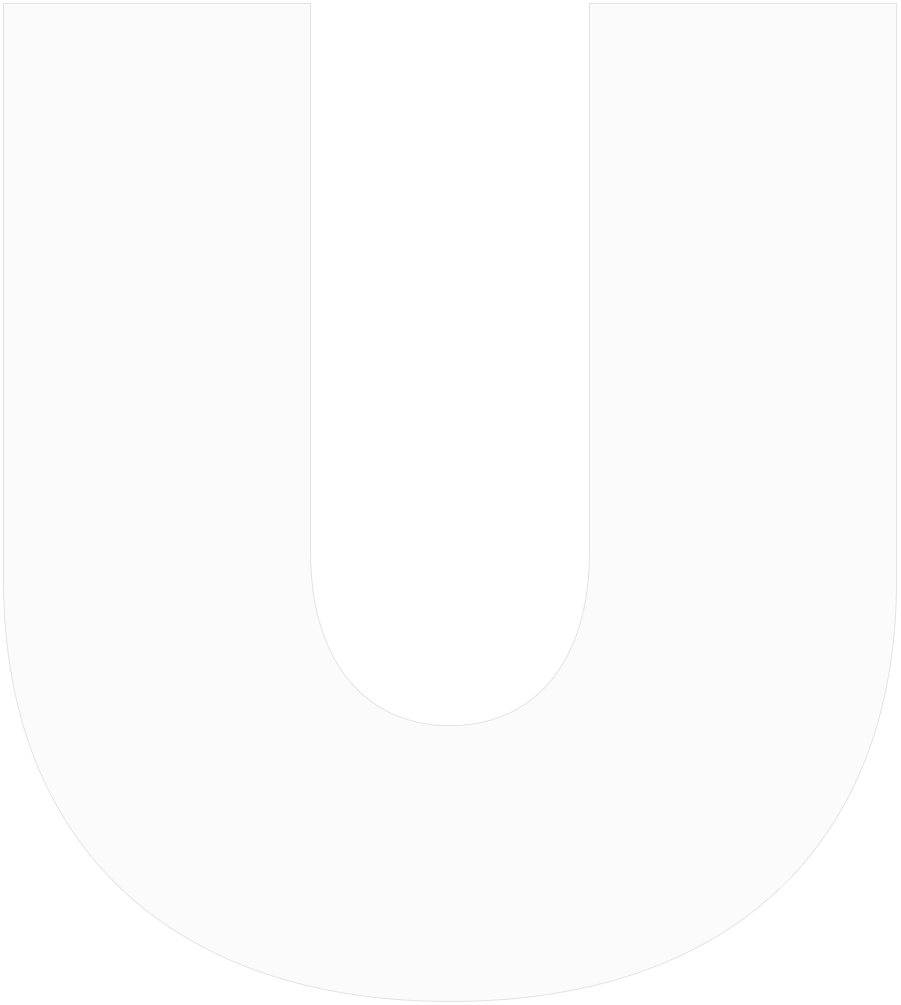On the 9th-11th of September, the second Urban Lab was carried out at Refshaleøen, Copenhagen (DK). The topic of this Lab was “visioning”, in which the focus was on preparing the local project partners to work with the cultural planning methods.
More than 40 participants from countries of the Baltic Sea Region participated with the aim of a common vision, sharing ideas and updates from their projects. The participants inspired one another in making more creative, liveable, and self-sustaining places in the cities.
This Urban lab was hosted by Københavns Internationale Teater / Metropolis.
What was the vision?
The vision was to transform the challenged city areas into places of anchorage, possibility, connection, networking, self-realisation and inspiration.
How did we approach it?
By using techniques of urban cultural planning to ensure the projects’ implementation.
These include:
- cultural mapping
- debate and dialogue
- visioning
- co-creation
- strategic decision-making which should ensure the project’s implementation.
Who would join this Urban Lab?
Urbanists, activists, artists, decision makes and political representatives, architects, cultural strategists, but also citizens – neighbours within urban areas, youth, elderly, students, organisations and other enthusiasts who wish to take an active part in developing cities.
Short overview of the days:
Day 1:
On the first day, Trevor Davies from Metropolis started out leading a session on the process of cultural planning and places-based transformation to recap on principles and processes. His main purpose was to encourage the participants in the Lab to point out three ideas, pick three values and select three emotions for their own project’s vision. This should all drive the visions and activities to be realised in the future. The visions were presented and discussed in groups to foster innovation, as well as to inspire other participants to experiment and try out these ideas in real-life settings. The common focus was to emphasise the role of citizen participation and co-creation in the process of urban planning, regardless of the different societal challenges that each country challenge.
“If you want to make a change, you have to start from the inside and not from the outside. It is not about the external factors, but about feelings, identity and will. If you can motivate young people to change themselves and their surroundings, then you’re already far in the process of change and development”, Trevor Davis.
Day 2:
On the second day, David Pinder, professor at Roskilde University, gave a lecture on the role that utopias play in urban planning processes. The message was that utopia can be used as an agent of change instead of being conventionally understood as an ideal state or society found in another space or time. To turn this utopia into reality, a collective effort of artists, architects and urbanists are needed to create better city solutions.
Furthermore, Annika Agger, Professor from Roskilde University, fuelled a discussion about how to encourage the local community to co-create the alternative urban strategies.
Finally, the participants visited three sites where artists and cultural interventions have defined urban change in the city. The city walk was guide by Mette Prag.
Day 3:
Day three took place at the premises of Danish Cultural Institute in Copenhagen. The participants got inspiring insights from Rikke Lequick Larsen, Head of Dpt. of Copenhagen City Council, on how decision makers implement regeneration and renewal of neglected city areas. The motivation behind this is to create a city in balance. In order to implement this, it is necessary to engage communities, create common visions and make sure to maintain a natural balance between political, businesses, associations and citizens’ agenda as this improve life quality in the cities.
Afterwards, Trevor Davis talked about how artists can lead processes and give the possibility to imagine potential and alternative futures. He inspired the participants by showcasing the examples of previous performances and art in the urban public spaces in Copenhagen.
Outcome:
The moderators provided participants with practical tips and tools for cultural planning to foster dialogue, debate, as well as to examine which strategic decisions should be made and implemented.








